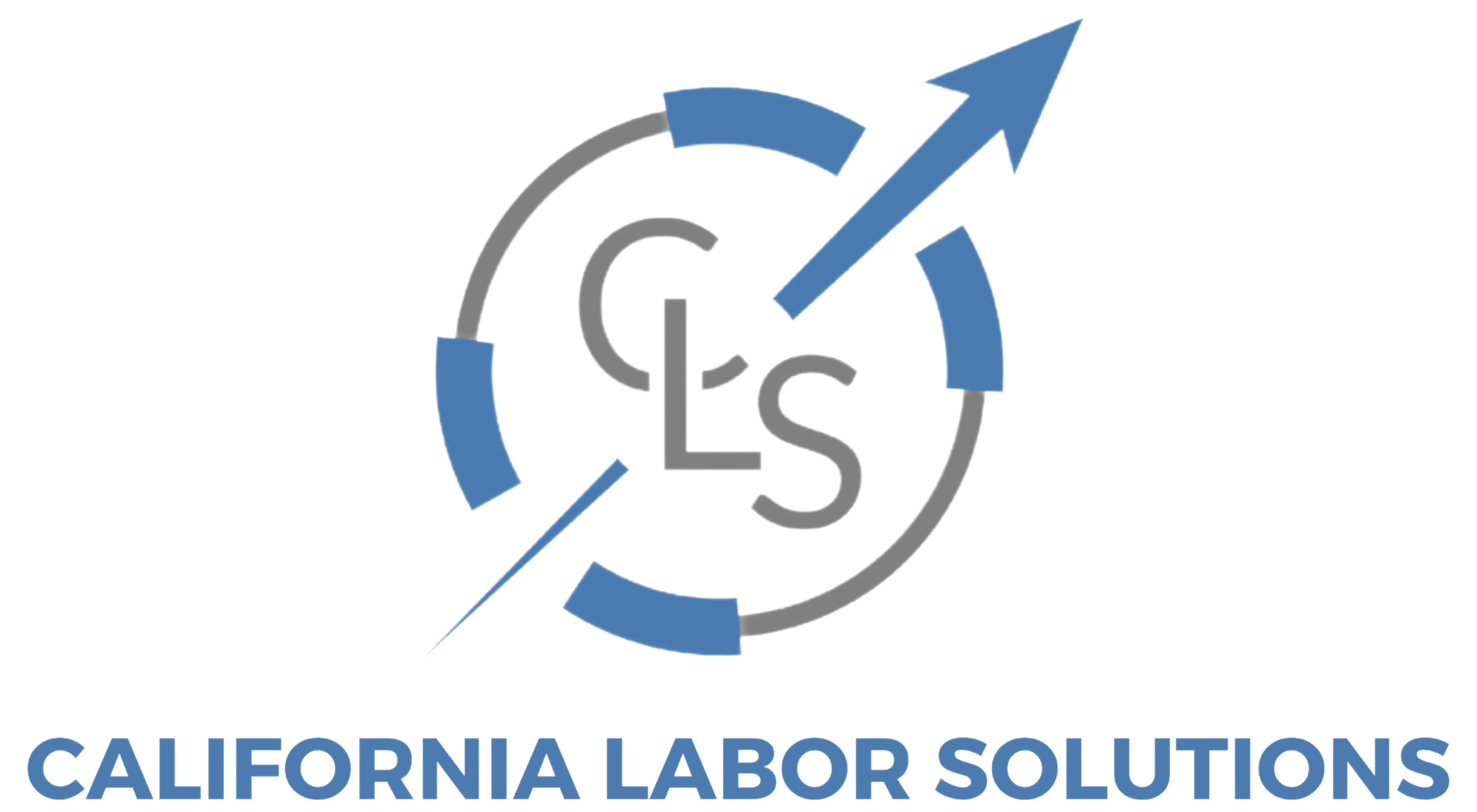A structured employee complaint process is essential for maintaining a fair, compliant, and productive workplace. Handling workplace complaints effectively minimizes legal risks and fosters a culture of trust and accountability. In this guide, we’ll explore best practices for HR professionals in managing employee complaints.
Why a Well-Defined Employee Complaint Process Matters
An effective complaint process helps businesses:
- Ensure Legal Compliance: Align policies with California labor laws to avoid penalties.
- Reduce Workplace Tension: Address employee concerns before they escalate into major conflicts.
- Protect Employer Reputation: Properly managed complaints prevent negative publicity and lawsuits.
Best Practices for Managing Employee Complaints
1. Establish a Clear Employee Complaint Process
Employees must know how and where to report complaints without fear of retaliation.
Key Steps:
- Develop Written Policies: Outline complaint procedures in employee handbooks.
- Provide Multiple Reporting Channels: Options should include HR, direct supervisors, and anonymous reporting systems.
- Ensure Confidentiality: Maintain employee privacy throughout the complaint process.
2. Respond to Complaints Promptly
Ignoring complaints can damage workplace morale and increase legal liability.
Best Practices:
- Acknowledge Complaints Immediately to show employees their concerns are taken seriously.
- Prioritize Urgent Cases involving harassment, discrimination, or retaliation.
- Document All Actions Taken to protect the company from legal challenges.
3. Conduct Objective Investigations
A fair and thorough workplace investigation is key to resolving complaints effectively.
How to Ensure a Neutral Investigation:
- Assign an Impartial Investigator: HR professionals or external workplace investigators should be involved.
- Gather Relevant Evidence: Interview witnesses, review documents, and maintain records.
- Follow Legal Guidelines: Ensure compliance with state and federal employment laws.
4. Communicate Findings & Take Action
Once an investigation is complete, HR must implement appropriate corrective actions.
Key Actions:
- Disciplinary Measures: Take necessary actions against policy violators.
- Policy Updates: Adjust policies to prevent future complaints.
- Employee Follow-Up: Ensure the complainant is satisfied and protected from retaliation.
5. Train Managers & Employees on Complaint Resolution
Education is critical in preventing workplace disputes before they arise.
Recommended Training Topics:
- Harassment and Discrimination Policies
- Conflict Resolution Techniques
- Proper Documentation of Employee Issues
California Labor Solutions: Your Employee Complaint Process Partner
At California Labor Solutions, we help businesses implement effective employee complaint processes that ensure compliance and foster a positive workplace culture.

